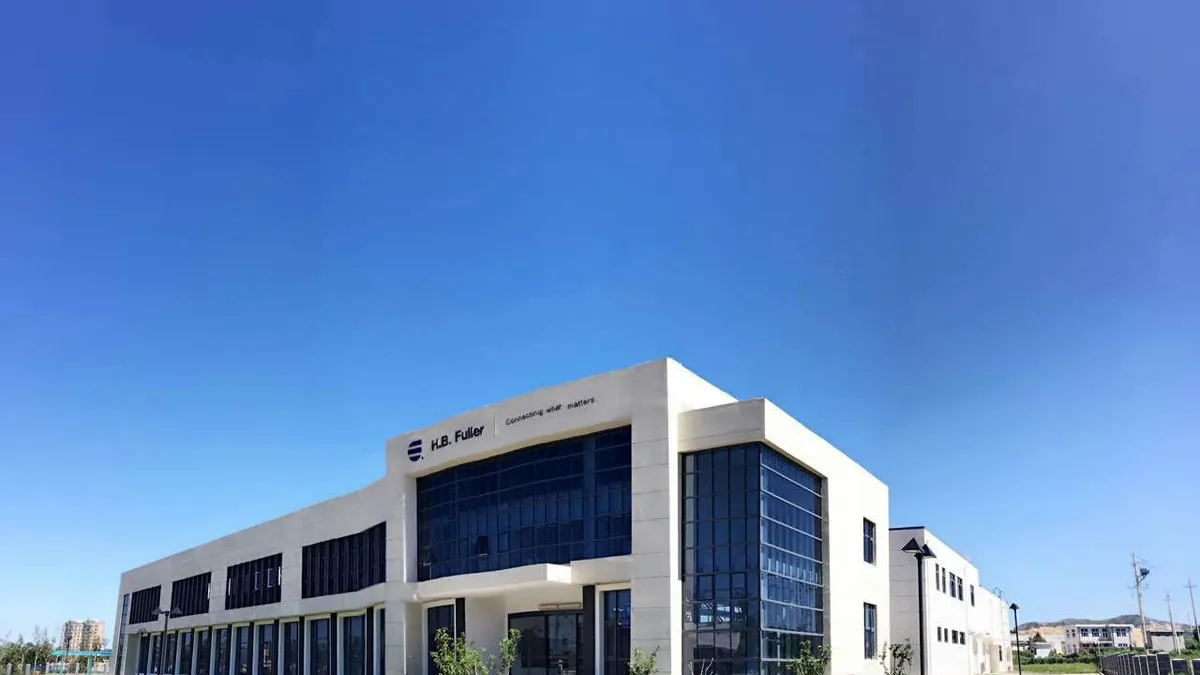Dive Brief:
- Adhesive manufacturer H.B. Fuller recently laid off 300 of its more than 7,000 workers as part of an operational restructuring to "align our cost structure with lower volume expectations for 2023," a company spokesperson told Supply Chain Dive.
- The Minnesota-based company is closing one plant in North America and another facility in Argentina as it attempts to shrink its manufacturing footprint, executives said on a Q1 earnings call late last month.
- The closures come as the company prioritizes putting production capacity nearer its customer base, President and CEO Celeste Mastin said on the call. "We fundamentally believe it’s important to have facilities close to our customers. Now we also have been reassessing our overall manufacturing network.”
Dive Insight:
H.B. Fuller, which produces adhesives for industries including construction and healthcare, estimates the cost cutting plan will lead to $30 million to $35 million in annual cost savings. The company is focusing on optimizing its production capacity, particularly in its construction adhesives business in North America, according to a spokesperson.
"These actions . . . will lower our cost structure and improve the capacity utilization of our manufacturing network, allowing us to more effectively meet market needs and expand margins in-line with our long-term strategic plan," the company said in its statement.
Lagging demand and high input costs have been a drag on the company in recent months, as the company saw net revenues dip by 5.5% dip in YoY in Q1 2023. The decline was led by an 18% drop in construction adhesive net revenues, according to a press release.
The manufacturer has attempted to source less expensive raw materials, including introducing some new products with alternative components.
"Our teams are prepared and have products using alternate raw materials available and lower cost raw materials available, but it has not been as much of a pull from customers as some of these exciting new products that we have been able to introduce to help them further their business," Mastin told investors.
While the CEO noted that raw material prices were beginning to ease in Q1 compared to Q4 2022, progress was slow.
"Of the 4,000 items we monitor, a significant number of those were still up or flat," Mastin said on the call.














